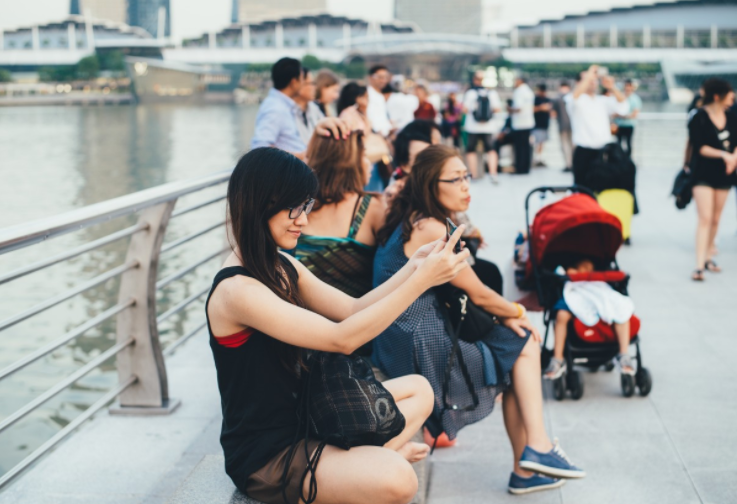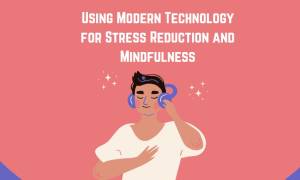Since the debut of Facebook, countless studies and surveys have been conducted on various behaviors related to the use of social media websites and apps. Facebook seems to have been the main focus of such studies and surveys due to its notably high popularity.
In early 2017, a new, unique study was performed that yielded detailed results that included a more specific insight into Facebook’s association with 5,208 users and their general well-being. The study covered two years and also looked at the effects of real-world socializing, and how it affects a person’s well-being, to compare it to its online counterpart.
Researchers used self-reported details from the participants to determine their well-being, which included users’ BMI (Body-Mass Index), physical health status, mental health status, and whether or not they feel satisfaction in life. Another tactic used by researchers was monitoring the participants’ Facebook activities such as links that were clicked on, posts created, and posts the users “liked.”
It should be noted that not all of the participants allowed full access to their Facebook activities to the researchers. However, this only mildly inhibited their ability to obtain accurate results since more than enough data was received by those who did allow access.
Researchers then used another method to find out more about the participants’ real-life social behaviors. Everyone included in the study was asked to provide names of up to 8 different people that they interacted with on a regular basis in real-life. They were allowed to name up to 4 people with whom they spent time socializing with on a casual basis such as their free time.
Another request was that they could name up to 4 people they confided in on important matters such as major life events and tough decisions they were dealing with. All of the data collected throughout the study provided plenty of information for the researchers to determine better how online social interactions and face-to-face socializing impacted the users’ overall well-being.
By tracking their mental and physical changes during the 2-year study, as well as their Facebook activities, researchers were able to see how online socializing affected the participants on a level never attempted before. One major problem with online social media was found to include a trend of lowered self-esteem, increased depression, and increased laziness due to internet addiction.
The increased laziness is believed to be directly linked to many participants spending far too much time on social media, many of who don’t even get out of bed before bringing up the Facebook app and mercilessly flicking through their newsfeed. Many users also experienced an increased BMI throughout the two years due to this factor.
Increased BMI will almost always affect a person’s self-esteem, which can then lead to depression and inhibit their ability to be satisfied with their life. When researchers compared those results to the impact real-life socializing had on the participants, the outcome was quite the opposite. Those who spent more time socializing in a real-life setting with actual people were much happier and had a healthier level of well-being.
Users that socialized more face-to-face were more physically active and experienced life on a higher level than those who chose to spend their time staring at their smartphones and laptops. It is pretty clear from the study’s results that social media users should focus on limiting how much time they spend on their favorite social networks to avoid those adverse effects.
Please Share With Your Friends and Family!














